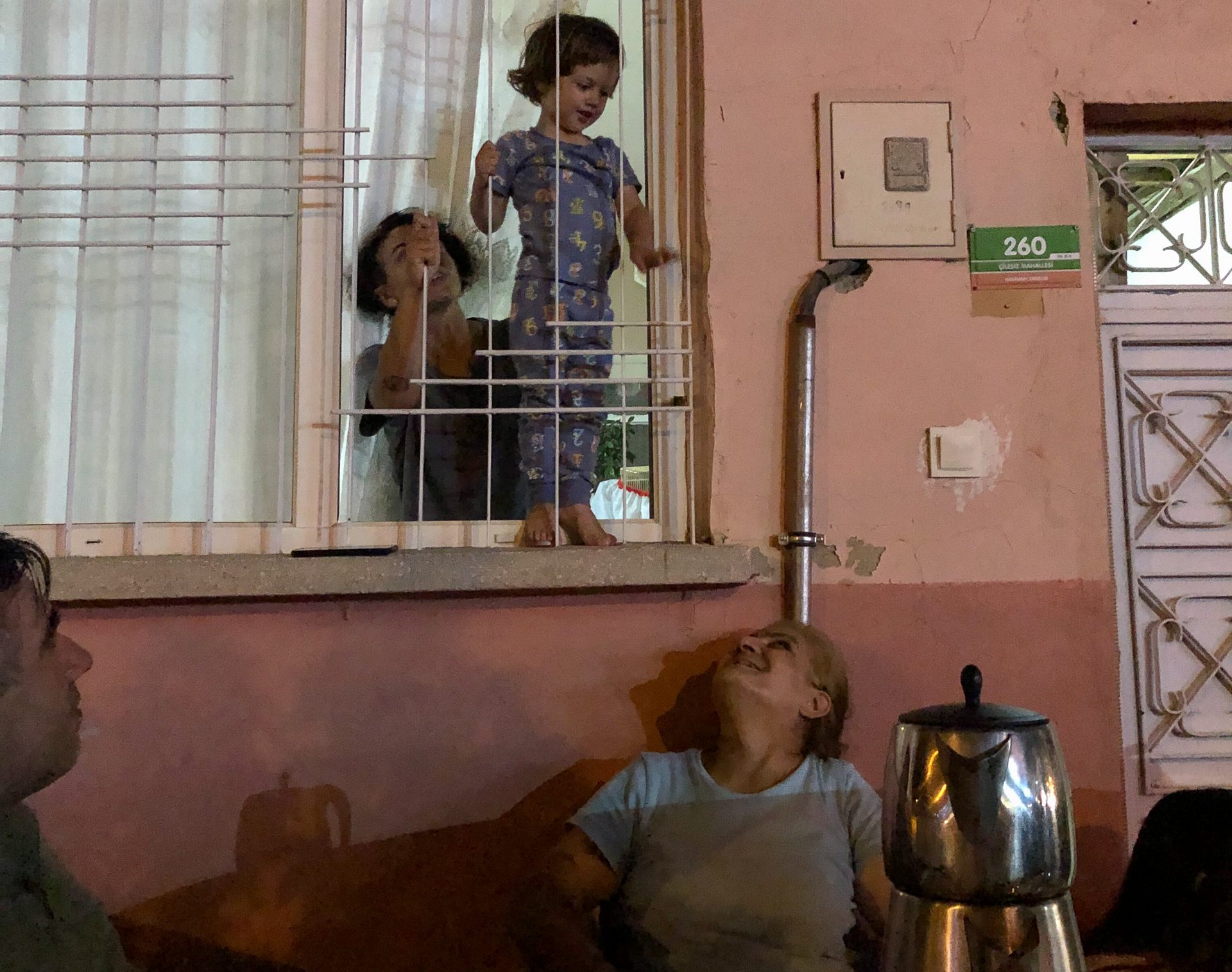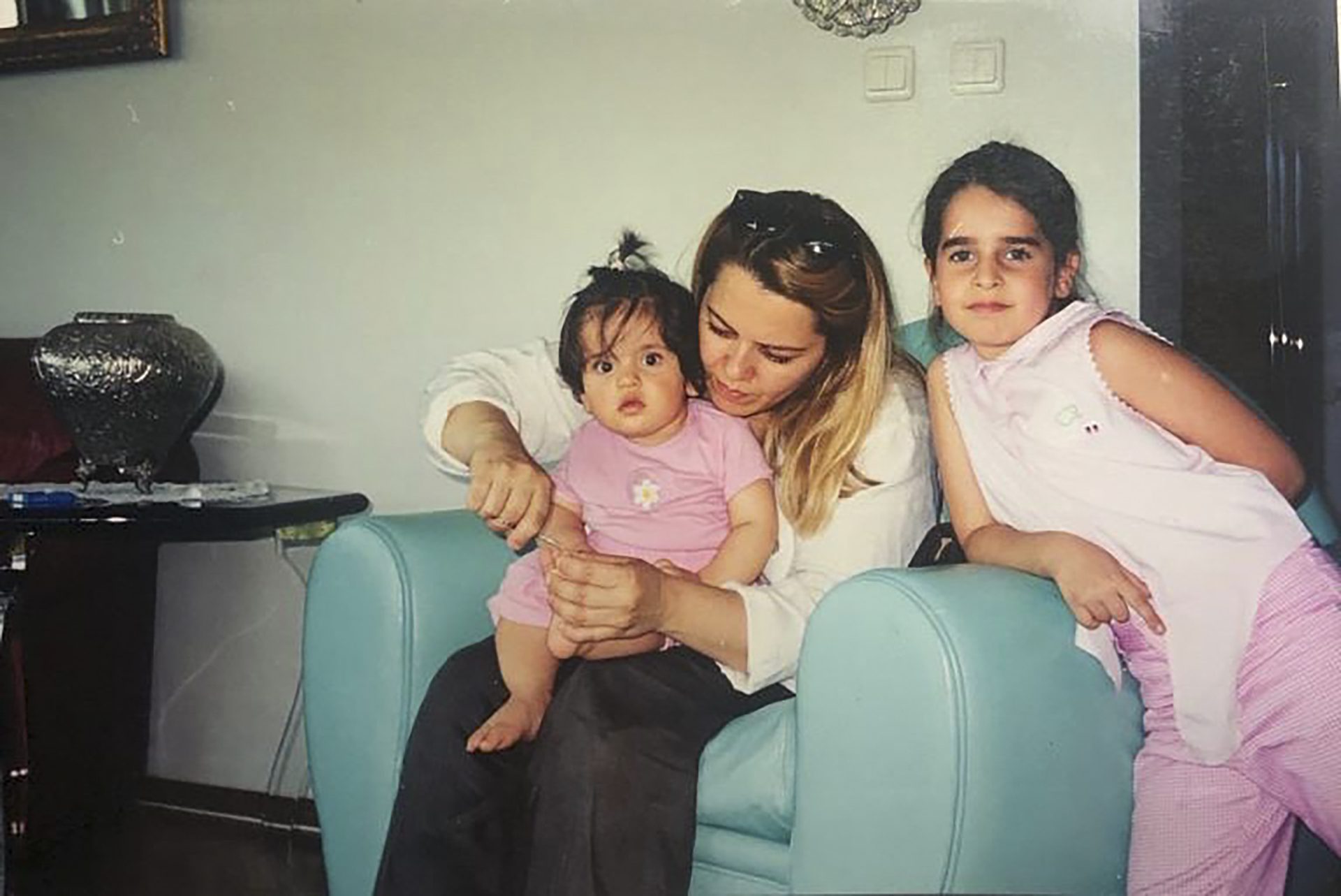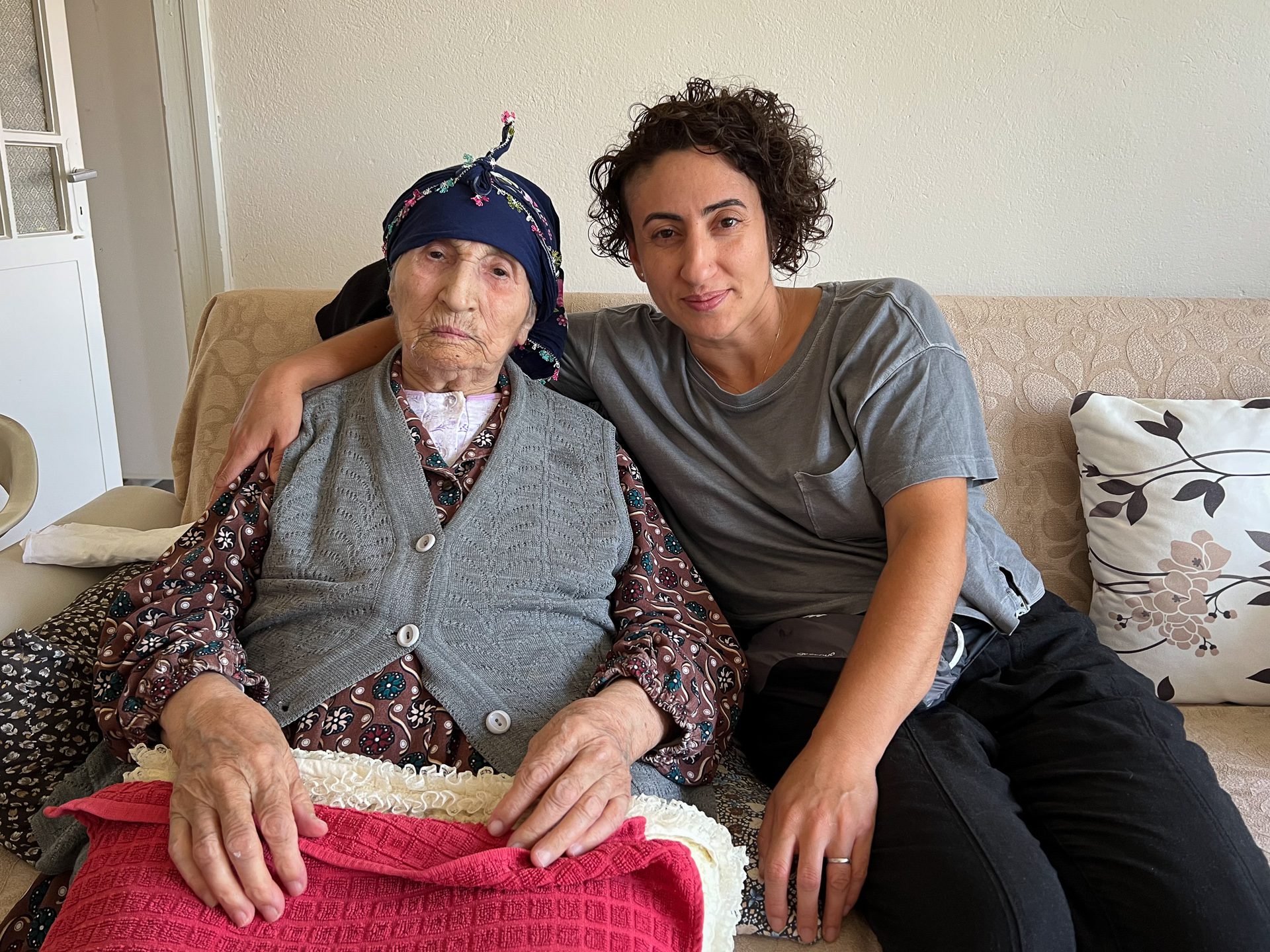 Photo courtesy of Pinar Istek
Photo courtesy of Pinar IstekLocal Turkish and Syrian residents talk about the effects of the recent earthquakes on their home countries and about ways you can help.
Chicagoans are gathering to support family members in Turkey and Syria after those countries experienced a 6.3-magnitude earthquake Monday evening, just two weeks after the region experienced a powerful 7.8-magnitude on Feb. 6. The initial earthquake was near Gaziantep in south-central Turkey, also home to thousands of Syrian refugees and humanitarian aid organizations. It sent shockwaves across Lebanon, Jordan and Cyprus. A 6.3 magnitude earthquake struck southern Turkey on Feb. 20, adding more devastation following the first earthquake.
News that puts power under the spotlight and communities at the center.
Sign up for our free newsletter and get updates twice a week.
As of Feb. 21, more than 46,000 people have been found dead resulting from the earthquake and its aftershocks. The United Nations warns that the death toll will continue to rise by the hour as more victims are found. Syrians have been displaced by a 12-year ongoing war, which has weakened infrastructure and medical aid systems, making recovery harder.
Rescue teams from around the world, including here in Chicago, are working to provide relief in Turkey and Syria. Local community groups and NGOs include the Syrian Community Network, MedGlobal, and the Turkish American Society of Chicago.
Borderless talked to Turkish and Syrian community members living in Chicago about how they are dealing with the devastation and how to help those affected by the earthquake.

“I Can See the Damage; I Can Feel the Damage.”
Piril Kaftan, from Istanbul, Turkey
Artist and graduate student at School of the Art Institute of Chicago
The reality is that people are not surviving. People can’t find food, and people can’t find shelter. People don’t have toilets, and some froze under the buildings that are being wrecked right now. People are not feeling safe. Looters are everywhere, terrorizing people. And we are extremely worried. Because we know we are in an earthquake [prone] country. How is it possible that they allowed this? They allowed the buildings to have permits?
For my Turkish peers in Chicago, I contacted Turkish undergrads at SAIC, and we have decided that we should start making people aware of the situation. I’m the only one in MFA so I have decided that anything in the March show, anything that I can earn, is going to be donated to Ahbap. That’s the only organization that we trust as Turks. It’s a nonprofit organization led by a Turkish singer.
I can’t sleep, I can’t eat, I can’t work. I keep watching the videos for like six or seven hours a day. I can’t function. I sometimes cry out of nowhere. I can see the damage; I can feel the damage. I am a survivor of the 1999 earthquake myself, so the old traumas are coming back to me. We all feel ashamed that we’re the fortunate ones who are not under the rubble. Every Turkish person that I talked to says the same thing.
People can help by donating to Ahbap. They can pray for us. I think the most important thing is that we don’t lose our passion for this issue because it’s been eight days, but this is gonna be, I think, at least six months to a year for everyone to recover.
Read More of Our Coverage
“That’s what Chicago is known for, that right away, we step up and work hard.”
Suzanne Akhras, Syrian American
Founder and Executive Director of Syrian Community Network
So it was late Sunday night, and we were about to sleep. And we turned on the news … I called my husband, Dr. Zaher Sahloul, and started to watch what was happening. And then he immediately called his field office for MedGlobal in Gaziantep and started to call different people, and he got an emergency board meeting at midnight. I could hear him talking about their response and how they needed to act.
People should donate to credible organizations. They shouldn’t donate to these big organizations like the Red Cross or the U.N. I’m sorry, but they have so much funding and many people supporting them.
A lot of the local NGOs, the organizations that are run here in the United States, like MedGlobal, Rahma Relief, Syrian American Medical Society [SAMS], and a few other organizations that are doing the work on the ground. They speak the language, are originally Syrian or Syrian American, they know the region, they know the people inside and out. We need to support their efforts because they’re relevant and have a linguistic and cultural understanding of the region.
So if they know of people, they should donate new clothing, coats, blankets, pop-up tents, or anything they can find. And that would be the best thing they can do to support people in their efforts for humanitarian relief.
I know MedGlobal is trying to collect medical supplies. So people — hospitals, nurses, pharmacies, anyone with additional foreign medical supplies, whether it’s gauze, medicine, mandated, or whatever the case may be different medications, diabetes, other essentials— people should donate to organizations and focus on just the relief efforts and supporting the people who are doing the work because a lot of these organizations take the money and purchase supplies at local markets in Turkey. So this way, you’re supporting the local market and the people who are on the ground and supporting the organizations.
The Turkish consulate collected clothes, and people flew to Turkey to take supplies, but they’re overwhelmed with so many donations. And that’s what Chicago is known for, that right away, we step up and work hard.

“People are gone, entire families, wiped out, 20 or 30 members of a family, completely gone.”
Pinar Istek, born in Mersin, Turkey
Photojournalist
All my family is back in Turkey, but some are in the affected area. They live in Malatya, mostly.
My grandma’s house was determined to be too damaged to return. My aunt is my grandmother’s primary caregiver and took her to another city. I also have family members who are spending time during the day in their homes but are sleeping with their kids outside in tents. Multiple buildings in the city collapsed, even brand-new ones.
When I saw the news, I talked to my mom, she didn’t know what was happening at first, then she checked on our family when I told her. Our family did not get hurt, but their living situation drastically changed.
The ones who stayed in Malatya are staying in tents, and my aunt, who lives in another town, has an apartment there where my grandma is staying.
It is heart-wrenching. I obsessively follow the news, and people were still being rescued alive 7 to 9 days after the initial earthquake. It was a miracle. But when you look on social media, most of what I read is how delayed and ineffective the rescue efforts have been, and how looting has started happening.
To help, Doctors Without Borders has a specific fundraiser for this.
I think at the very basic human level, just knowing that another human being is stuck under rubble, dying inside collapsed buildings, losing their entire families should be enough for Chicagoans to care and pay attention to what is going on in Turkey. People are gone, entire families, wiped out, 20 or 30 members of a family, completely gone. Even questioning why people here should care about is heartbreaking to me.
How to Help Earthquake Victims in Turkey and Syria
Here are some on-the-ground organizations that accept donations to provide direct aid, emergency kits, medical assistance, food and more to those in Turkey and Syria.
Ahbap is an NGO founded by Turkish musician Haluk Levent, providing food, shelter, and medical supplies for those in need in Turkey.
Doctors Without Borders is an NGO that provides humanitarian medical relief in conflict zones. They offer humanitarian, medical emergency, and mental health help in northwest Syria.
MedGlobal is an international nonprofit organization that provides emergency response and critical health care. MedGlobal currently has rescue efforts in Syria.
Rahma Relief is a humanitarian relief organization providing shelters, emergency kits, winter clothes and food in northwest Syria and Turkey.
Syrian American Medical Society [SAMS] is a global medical relief organization providing medical teams and health care in Syria. However, four SAMS’ medical facilities have been damaged and put out of service because of the earthquake but are still providing emergency aid.
Darüşşafaka Society provides education to children who have lost their parents.
World Central Kitchen is working on the front in Turkey to provide meals for those impacted by the earthquake by partnering with local restaurants. Now they are preparing to support new shelters opening for homeless families.

